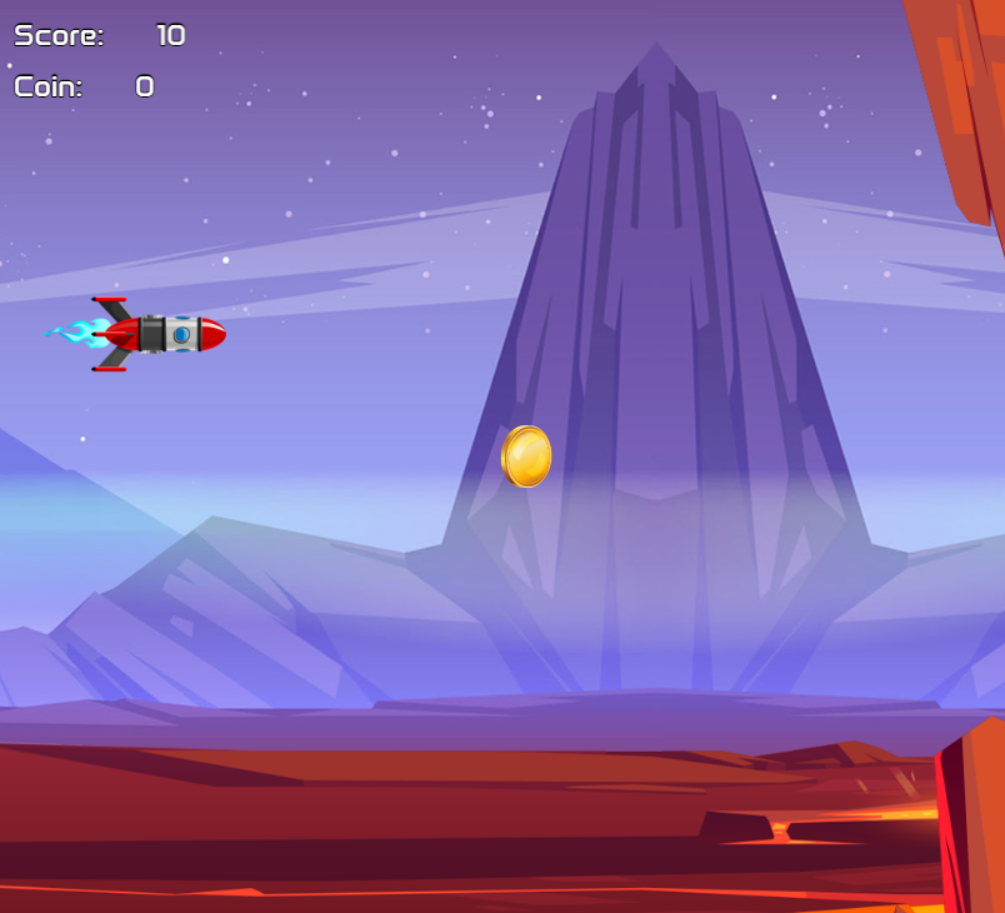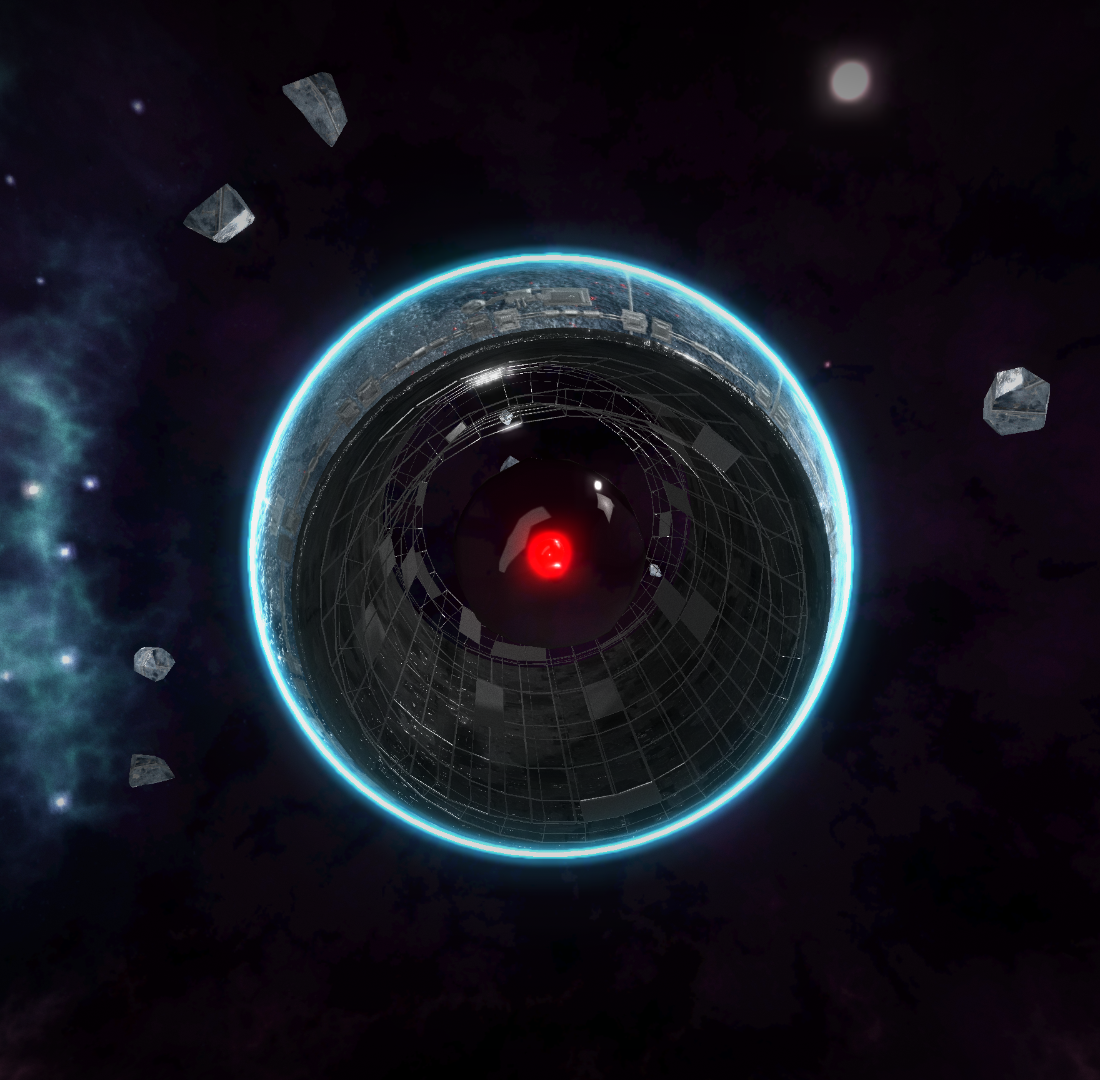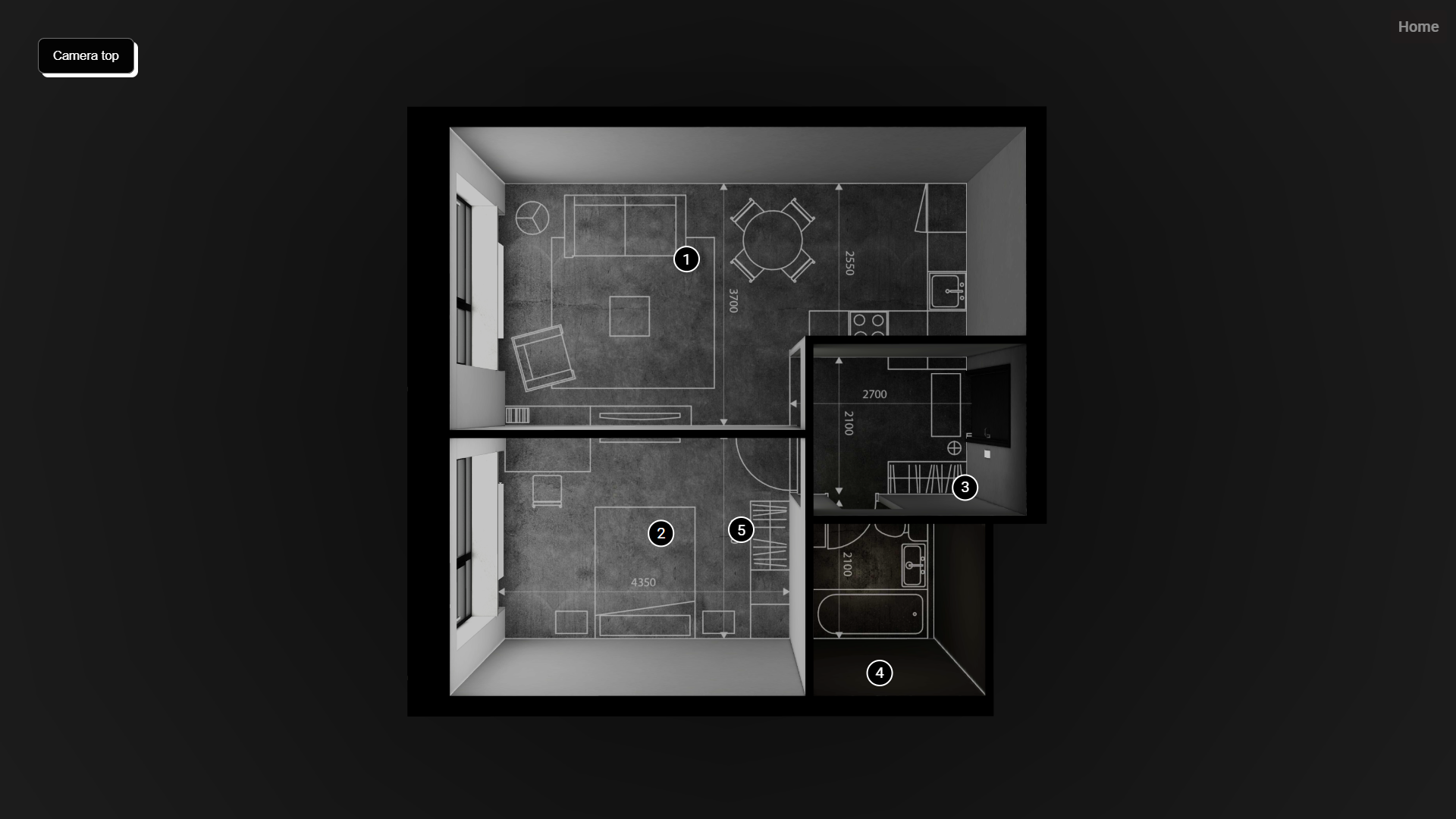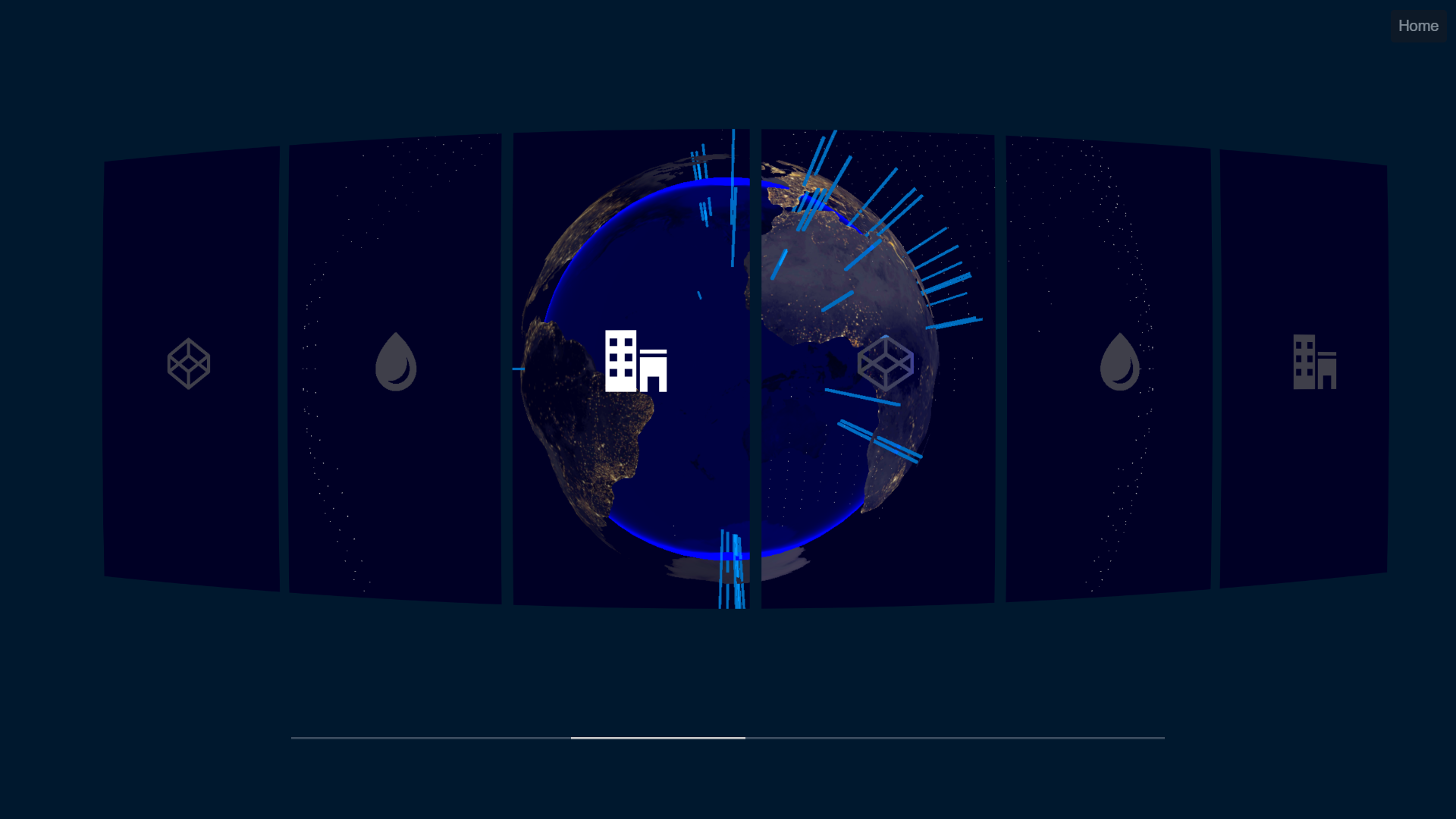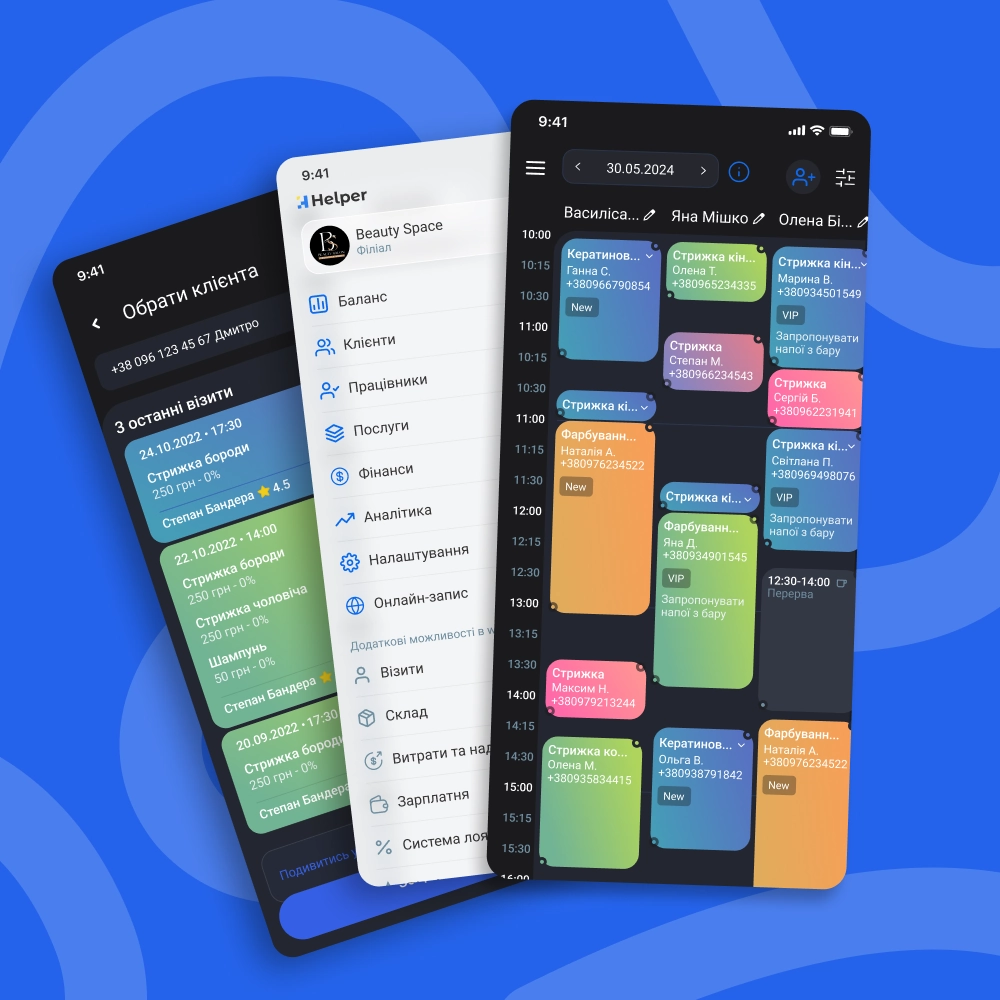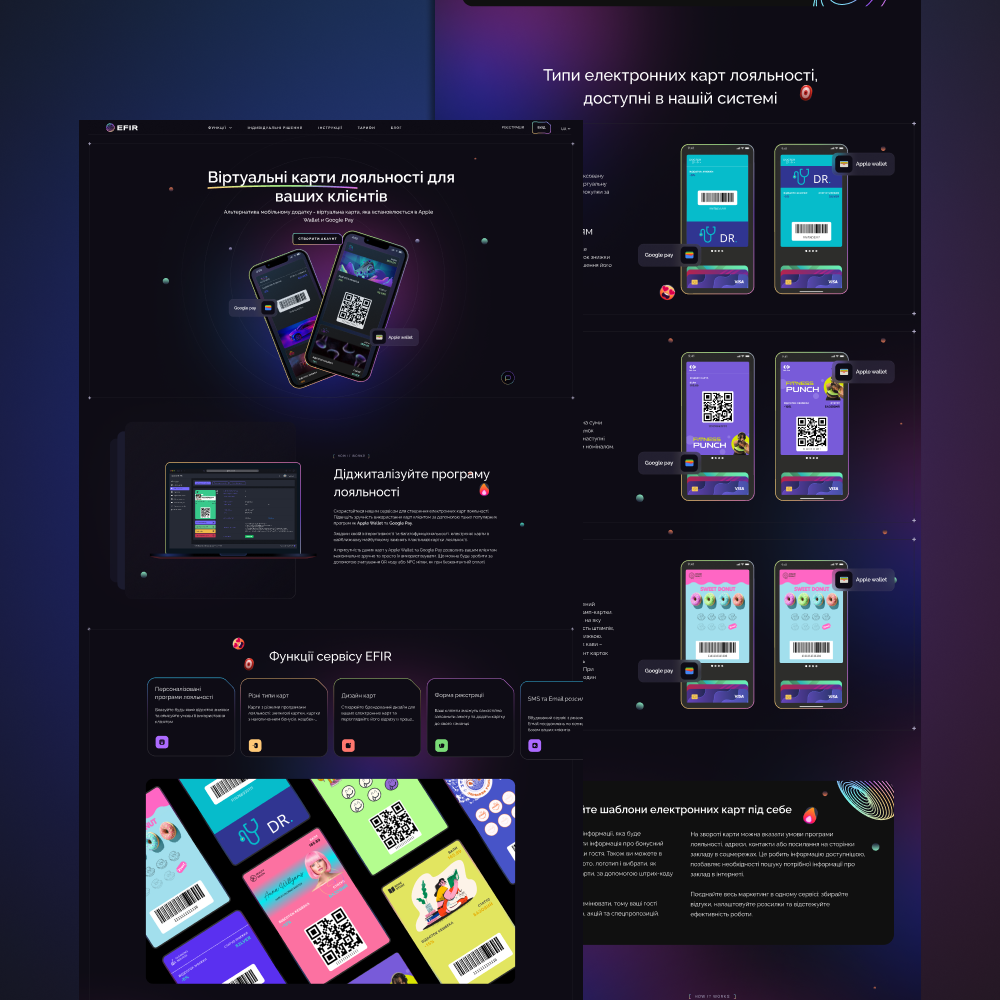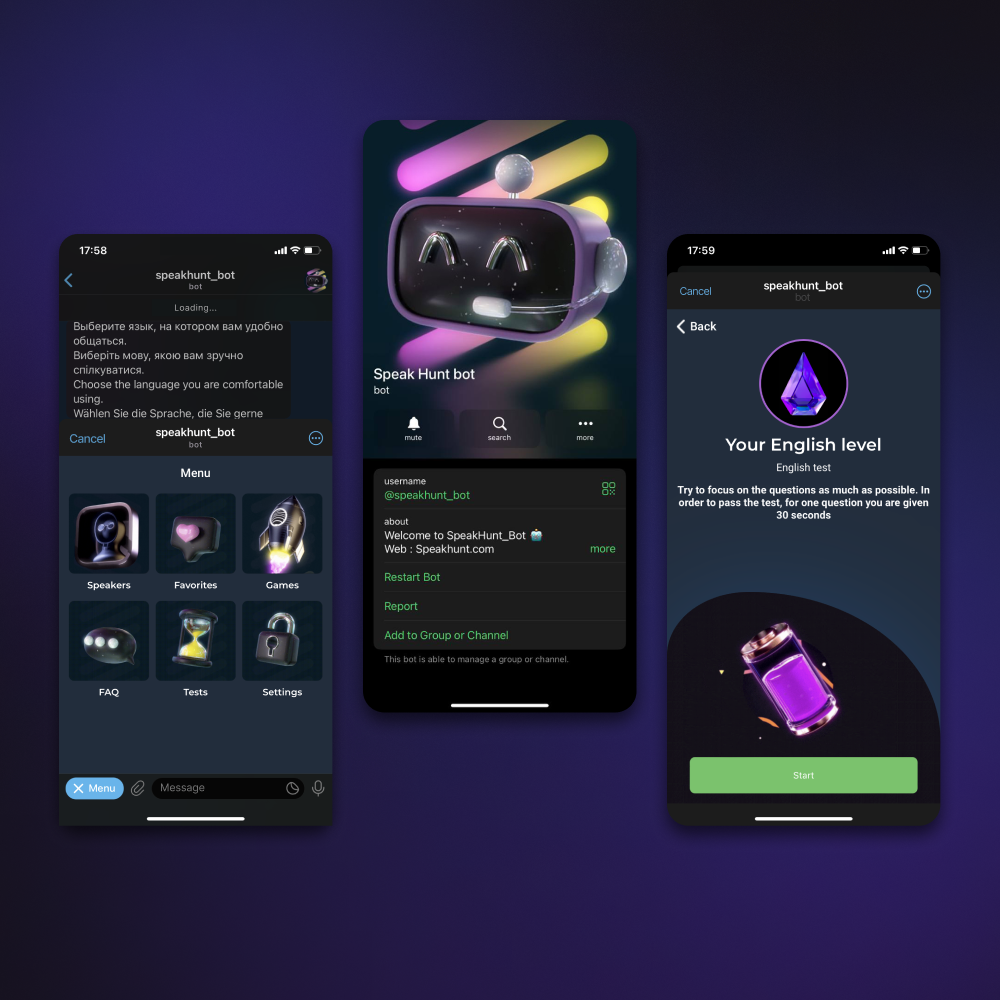








Game development
Advances in technology and the increased availability of smartphones have led to explosive growth in the mobile gaming market. By the end of 2023, its volume reached $100 billion, and the number of active gamers continues to grow almost daily.
And if for ordinary users games are a comfortable and exciting pastime, then for entrepreneurs it is an opportunity for investment and impressive earnings. Popular projects, without exaggeration, bring publishers billions in profit, for example, Honor of Kings' income in the same 2023 was $1.48 billion, and PUBG Mobile - $1.14 billion, and these are far from all successful cases.
If you are planning to invest in creating your own game project, then you need to decide on several questions at the start: its genre and category, what platform it will work on, and where to find a team to develop a game that can turn your idea into reality. We tried to collect all the answers for you in one place.
Popular genres of mobile games
Let's start with choosing game genres. This is one of the key points in planning the development of games for mobile devices, which determines the target audience and available monetization models, and also affects the budget and timing of the project. Here are the genres that are most popular in the mobile gaming segment.
MMORPG
Massively multiplayer role-playing games immerse users in virtual worlds where they can interact with other participants, environments, and NPCs controlled by artificial intelligence. The player's task is to develop their hero, upgrade skills, fight with characters, and in PvP mode.
Previously, such projects could only be handled by computers, but with the development of technology, they naturally moved to mobile. Popular representatives of the genre are Genshin Impact, Adventure Quest, Arcane Legends.
MOBA
These games are a combination of real-time strategy and action, where users compete in online team battles. To win in a MOBA game, a gamer needs impeccable reaction speed and the ability to make quick decisions, so on the technical side, it is important to ensure a consistently low FPS and high server throughput.
Some of the most popular games in this genre are Mobile Legends and League of Legends: Wild Rift.
Battle Royale
Massive online first- or third-person shooters in which users fight each other in a limited arena for resources, better weapons, and buildings, and the winner is the last one left alive. Usually, such projects are distributed under a shareware license and are monetized mainly through in-game purchases.
Popular mobile games in the Battle Royale genre are PUBG Mobile, Free Fire Advance.
Card games
They require players to think strategically and build decks correctly. Good cards are usually earned in duels with other players or bought for real money, which is actually the main tool for monetizing such projects. The key factor in the success of card games is carefully thought-out gameplay, which creates a sense of excitement in users and motivates them to deeply understand the mechanics.
Examples of games of this genre: Hearthstone, Eternal.
Puzzles
Puzzles capture attention and force the user to use logic and ingenuity to achieve victory. They are characterized by easy and accessible gameplay, and one game session usually lasts a few minutes.
According to statistics, at least one puzzle game is installed on 50% of smartphone owners, which makes this genre the most popular and downloaded in the mobile segment.
Popular puzzle games are Words of Wonders, Candy Crush Saga.
How to choose a game category?
While there are dozens of game genres, plus various combinations of them, there are only three main categories: hyper-casual, mid-core, and hardcore. They differ in difficulty, length of gaming sessions, and the type of audience they are aimed at:
Hypercasual games are simple and intuitive games that do not require a long learning curve or immersion from the user. They are designed so that the player can quickly launch the application, spend a few minutes in it, and return to their activities. Such projects are great for the mass market and quick audience engagement. Examples: Helix Jump, Archero.
Midcore games are the happy medium between the simplicity of hyper-casual games and the complexity of hardcore games. They combine deeper gameplay with accessibility for a wider audience, and often include leveling systems, achievements, and collectibles to keep players coming back for more. Examples include Roblox, Shadow Fight 2, and Mortal Kombat Mobile.
Hardcore games are designed for experienced players who are willing to spend a lot of time mastering game mechanics, completing or fighting other gamers. They make you not just look at the screen, but actually play, learning and deeply immersing yourself in the virtual world. Examples: Mobile Legends, Minecraft.
Choosing a game category is of the utmost importance, as it determines the development budget, the main gameplay mechanics, and the target audience of the project. To help you make the right decision, we recommend considering several key factors:
- Target audience : decide whether your game will be aimed at the mass user or a narrow circle of experienced players.
- Resources and time : Evaluate how much time and resources you are willing to invest in developing the game. Hypercasual games require less investment, while hardcore projects require more serious investments.
- Monetization type : decide how you plan to make money from your game - through advertising, in-game purchases or paid content.
Key Differences in Mobile Game Development for IOS and Android
Developing games and apps for iOS and Android are two different approaches that require taking into account many factors, from the technical features of the platforms to user preferences. Here are the main differences to consider when creating projects for each of these platforms:
- iOS. Apple offers a uniform ecosystem where devices run a limited number of models and versions of the operating system. This simplifies the process of optimizing and testing games, as developers can focus on a few devices with predictable characteristics. As a result, iOS games often have more consistent performance and closely adhere to Apple's strict standards.
- Android. Android, on the other hand, is a highly fragmented ecosystem, with devices varying in performance, screen resolution, OS version, and other parameters. Accordingly, developing games for this platform requires more thorough testing and optimization to ensure compatibility with a larger number of devices. However, Android covers a much larger audience, making the OS attractive in terms of potential reach.
The choice of developing games for Android and IOS depends on many factors, including the target audience, development budget, monetization strategy and technical features of the project. However, a competent approach to the implementation of projects for both OS allows you to use the advantages of each of them as effectively as possible, which contributes to the success of the game in the market.
How to monetize a mobile game
Mobile games offer more diverse monetization strategies than PC or console titles. Here are some of the most common models you can use:
- In-game purchases - allow users to purchase additional content: virtual currency, skins, weapons or other improvements, which increases their capabilities in the game. This method of monetization is especially effective in games with competitive elements, where players seek self-expression or gaining advantages.
- Advertising - Advertising in mobile games can be embedded, such as banners, videos, or rewarded ads where users receive bonuses for viewing. This monetization method is ideal for hyper-casual games with a wide audience that is not inclined to purchase, but is willing to interact with advertising.
- Subscriptions – The subscription monetization model provides players with access to premium content or exclusive features on a regular basis. It is suitable for games with constant content updates, such as MMORPGs, where players gain access to new levels, characters, or other privileges.
- Paid games — the model involves a one-time payment for downloading and accessing the full content of the game. In the mobile segment, this method of monetization is used less often, but remains relevant for high-quality projects with rich content and a stable audience willing to pay for a premium experience without additional purchases or advertising.
How game development is carried out at AVADA MEDIA
The process of developing mobile games in our company consists of several key stages, each of which requires careful preparation, highly qualified gamedev specialists and attention to detail. Let's talk about the path you have to go through before the project is released:
- Information gathering and planning. This stage is the basis of the entire project. We study your ideas, determine the genre of the game, the platforms on which it will work and the target audience, after which we form a budget and implementation deadlines.
- Preliminary preparation. At this stage, our team develops the concept of the game, including its plot, visual style, and basic gameplay elements. This is also where the first sketches are created, technologies and tools are selected, and the development team is formed.
- Design. An important part of development is prototyping - creating a basic version of the game to test core mechanics and ideas, which allows you to identify potential problems and make course corrections before the main production begins.
- Production. This is a key stage of development, during which the main content of the game is created and all its functional capabilities are implemented. During this period, teams of developers, designers, artists and sound engineers are actively working on creating game mechanics, writing program code, developing graphics and animation, as well as creating sound and music.
- Testing. QA engineers check the game for bugs, performance issues, and evaluate usability and balance of the game. Testing can include both internal tests and beta testing with a limited number of users, which allows you to get valuable feedback and make necessary changes before the final release.
- Launch. The game officially enters the market and is placed in the App Store and Play Market application markets, after which it becomes available to a wide audience.
- Post-production. This stage begins after the game launches and includes technical support, releasing updates, and developing the project to maintain player interest. It also includes the development and implementation of various temporary events, themed skins, and other content.
What kind of team is needed to develop a game
To create a successful mobile game, you need a team of qualified experts, each of whom plays a key role in the production process. Therefore, if you are planning to outsource the development of a project, you should make sure that the gamedev company has the following specialists on staff:
- Game designers - create the game concept, develop mechanics, balance gameplay and are responsible for the user experience, making the game engaging and balanced.
- Developers - implement game mechanics at the code level and ensure the technical functionality of the project on various platforms.
- 2D and 3D artists are responsible for the visual design of the game: creating characters, environments, interfaces and animations. They are the ones who form the visual identity of the project.
- Audio designers - create and integrate sound effects and music that enhance the game's atmosphere and player engagement.
- QA engineers conduct comprehensive testing of the game, identify defects and monitor their elimination to ensure the stability and quality of the final product.
- Project managers - coordinate the work of the entire team, manage resources, deadlines and ensure that the game being developed meets your goals.
- Marketers — organize the marketing of mobile applications and games. Their tasks include developing and implementing a project promotion strategy, planning advertising campaigns, and interacting with players.
What technologies does AVADA MEDIA use to develop mobile games
To develop mobile games, our team uses advanced tools and technologies that ensure high quality and stability of the project:
- Game engines. Unity, Unreal Engine, Godot Engine or others, depending on the project's features.
- Programming languages. C# for development on Unity, C++ for creating projects on Unreal Engine, as well as native languages of mobile OS — Kotlin and Swift.
- Multiplayer solutions. For development of network games with multiplayer we use popular platforms Photon or PlayFab.
- Content creation tools. Blender and Maya for 3D modeling and animation. Photoshop and Illustrator for working with 2D graphics.
- Security systems. To protect user data, we use SSL/TLS encryption protocols, as well as the OAuth 2.0 protocol for account management.
Why choose AVADA MEDIA to develop your game?
Mobile game development is a complex and multifaceted process that requires not only creativity from the team, but also deep technical knowledge. As an experienced IT company for game development in Ukraine, AVADA MEDIA combines both of these qualities and ensures high-quality project implementation at every stage.
Like no one else, we understand perfectly well that each game is a unique virtual world, with its own rules, environment and characters. Therefore, development in our team is built exclusively around your idea, which allows us to achieve maximum authenticity of the project and recognition from users.
Fill out the feedback form and let's start discussing your future mobile game.
-
What game development services do you provide?
We develop HTML5 games and games for IOS and Android mobile platforms. At the same time, our teams' competencies cover projects of all genres and categories - from hyper-casual to hardcore.
-
What should you consider before hiring a company to develop your game?
Before ordering mobile game development from a specific game development company, it is worth making sure that the potential contractor has experience implementing projects of similar complexity, and also has sufficient resources - knowledge of technologies and a staff of specialized game dev specialists. In addition, we recommend studying reviews about the company and assessing its ability to adapt to changes in the project.
-
How long will it take to develop and launch the game?
The development time of a game depends on several factors, including the genre and category of the project, gameplay mechanics, and the size of the team. For example, a simple casual game like Flappy Bird can be created in a few months, while more complex projects with graphics and multiplayer features like Clash of Clans can require several years of development.
-
How to make a mobile game successful and profitable?
To make a mobile game successful and profitable, it is important to develop exciting gameplay and a unique design that will captivate users and distinguish the project from competitors. In addition, it is necessary to create and integrate a balanced monetization strategy, as well as regularly release updates with new content that will help retain users and encourage them to make purchases.

















